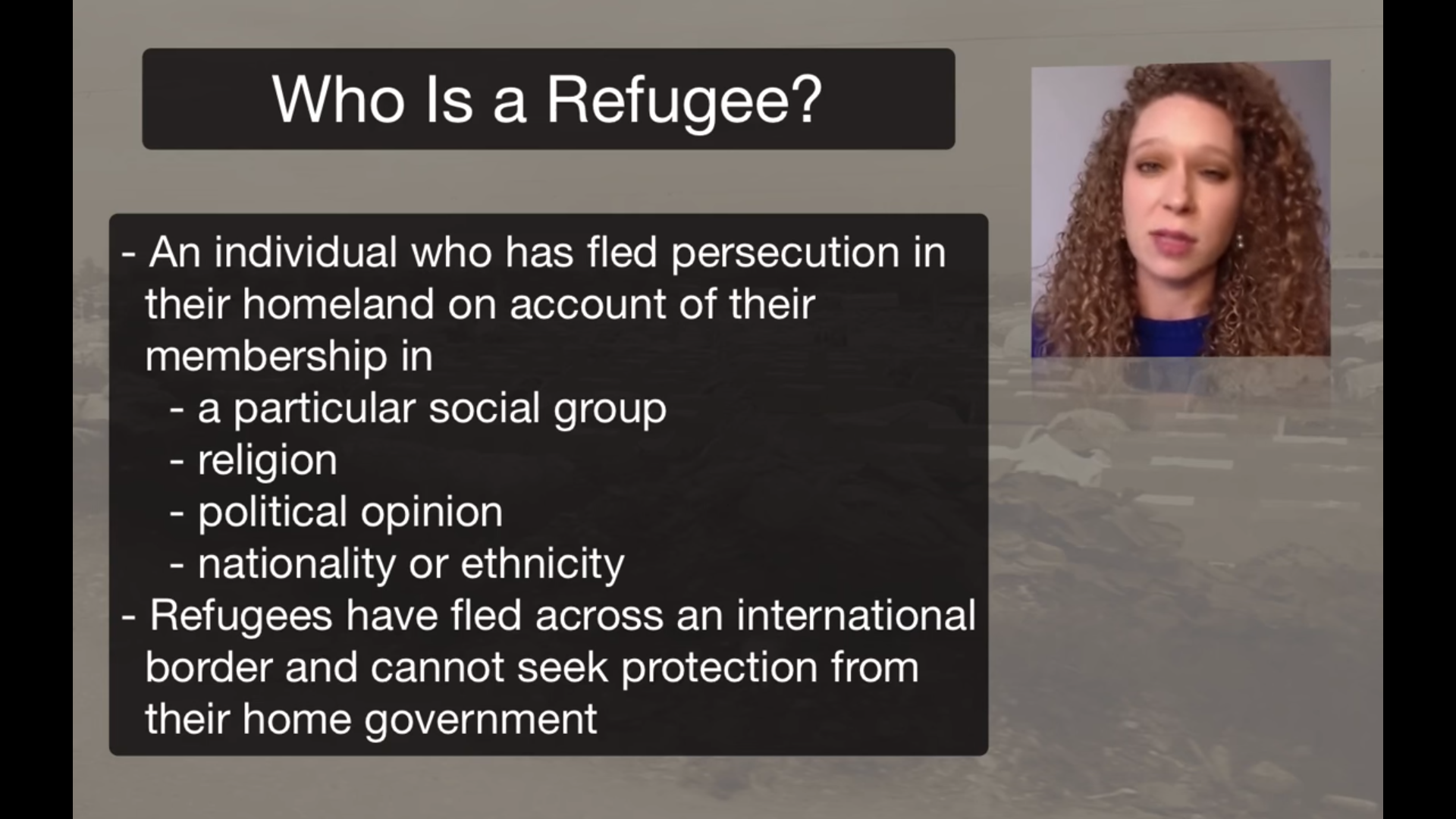
We have just launched Praying the Stations of the Cross with Kathrin Burleson For Individuals and For Groups. Kathrin Burleson’s work has been exhibited in museums and  galleries across the country. Recently, she published The Soul’s Journey: An Artist’s Approach to the Stations of the Cross, in which she depicts her Stations of the Cross series: fourteen paintings of scenes from Jesus’ journey with his cross to Golgotha. The paintings may be used for formal prayer during the Stations of the Cross liturgy, or simply may be contemplated on their own.
galleries across the country. Recently, she published The Soul’s Journey: An Artist’s Approach to the Stations of the Cross, in which she depicts her Stations of the Cross series: fourteen paintings of scenes from Jesus’ journey with his cross to Golgotha. The paintings may be used for formal prayer during the Stations of the Cross liturgy, or simply may be contemplated on their own.
In this class, Kathrin discusses the history of the Stations of the Cross liturgy and then takes the viewer through each painting in her series of Stations of the Cross scenes. With each painting, she discusses the scene being portrayed, considers it in the context of Jesus’ overall journey, and offers opportunities to consider how each of these mome nts could resonate in our contemporary lives. She invites us to consider how we might imitate Jesus’ choices in our own lives, and ways in which the actions of other characters in the story — Peter, Pilate, the women who weep for Jesus as he passes, the women who wait for him outside the tomb — might inform our own actions and decisions.
nts could resonate in our contemporary lives. She invites us to consider how we might imitate Jesus’ choices in our own lives, and ways in which the actions of other characters in the story — Peter, Pilate, the women who weep for Jesus as he passes, the women who wait for him outside the tomb — might inform our own actions and decisions.
Kathrin’s class could be used productively in a Stations of the Cross liturgy, in prayer groups, especially during Lent, and for personal contemplation. We hope that you find this class moving and that you can use it to support your Lenten activities. For more information about the class, please enjoy this preview.

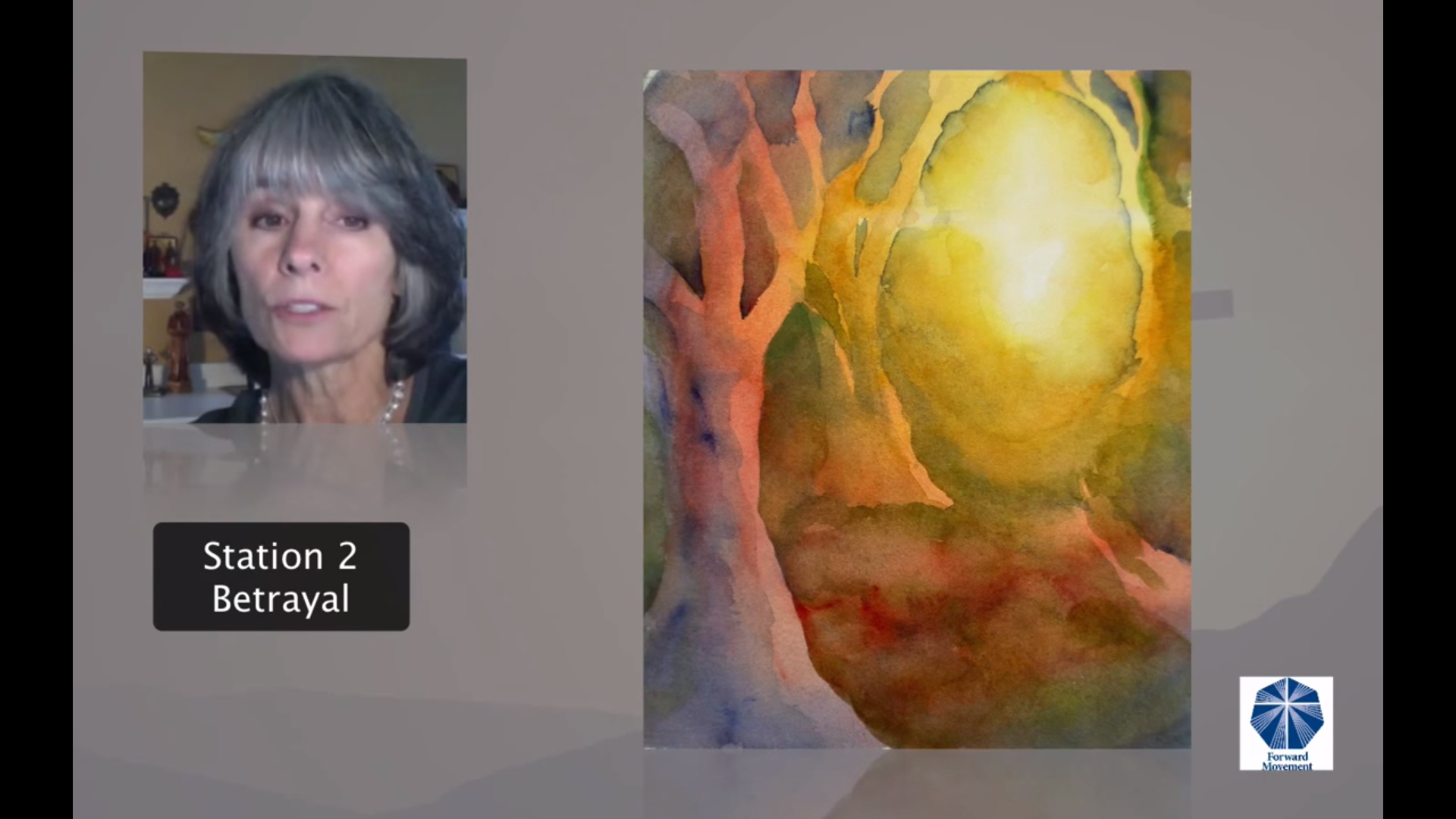

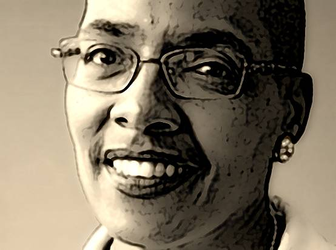

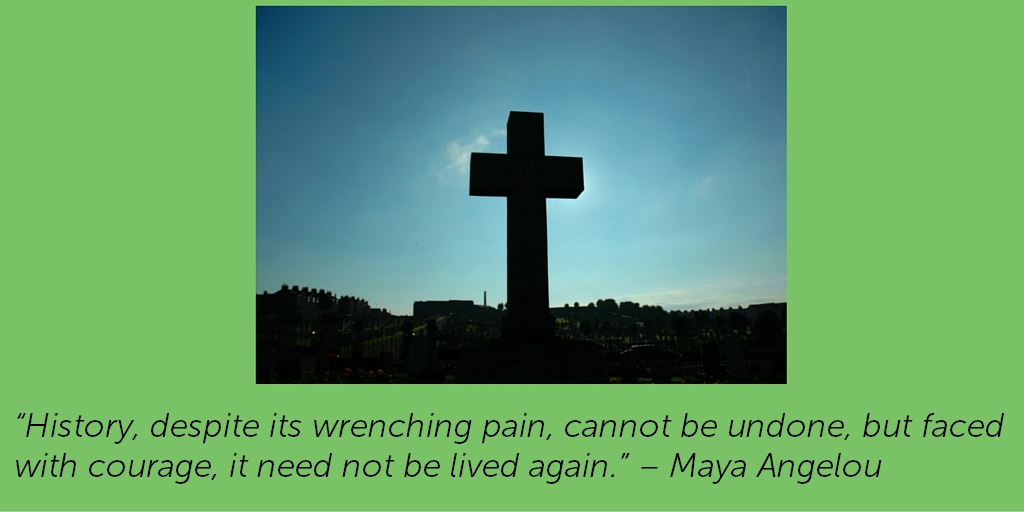 As you may have read, ChurchNext is producing this year’s Lenten series, a free five-class curriculum on building racial justice, in partnership with
As you may have read, ChurchNext is producing this year’s Lenten series, a free five-class curriculum on building racial justice, in partnership with 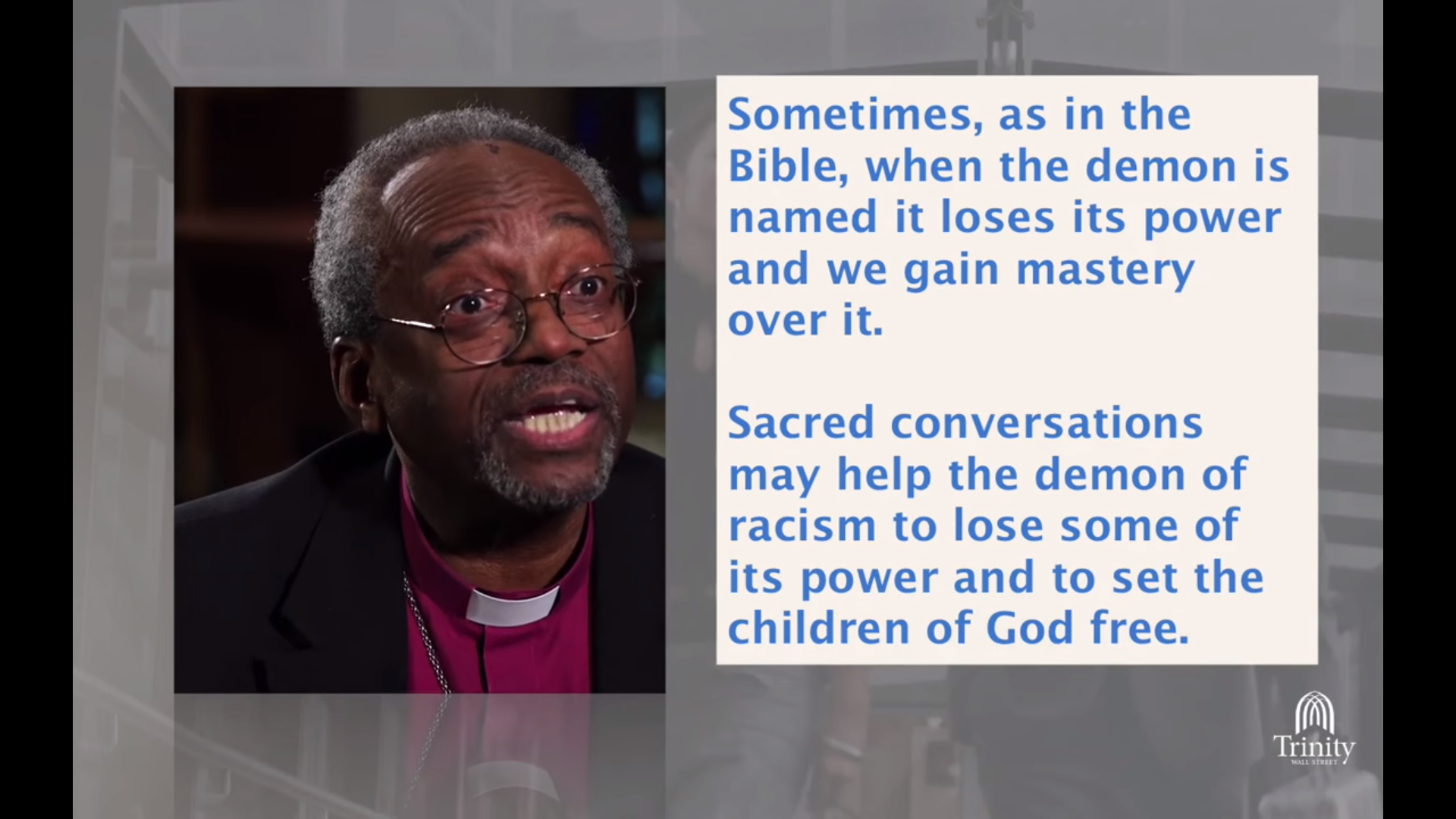

 mmunities. NBS International is an organization of biblical storytellers and of people use biblical storytelling to enhance their work as Christians — in church, in outreach, as teachers, and in other capacities. They value the oral communication of scriptural stories, as our spiritual ancestors communicated the stories for centuries. They work to make the telling of Bible stories available to anybody who wishes to participate, as a teller or as a listener.
mmunities. NBS International is an organization of biblical storytellers and of people use biblical storytelling to enhance their work as Christians — in church, in outreach, as teachers, and in other capacities. They value the oral communication of scriptural stories, as our spiritual ancestors communicated the stories for centuries. They work to make the telling of Bible stories available to anybody who wishes to participate, as a teller or as a listener.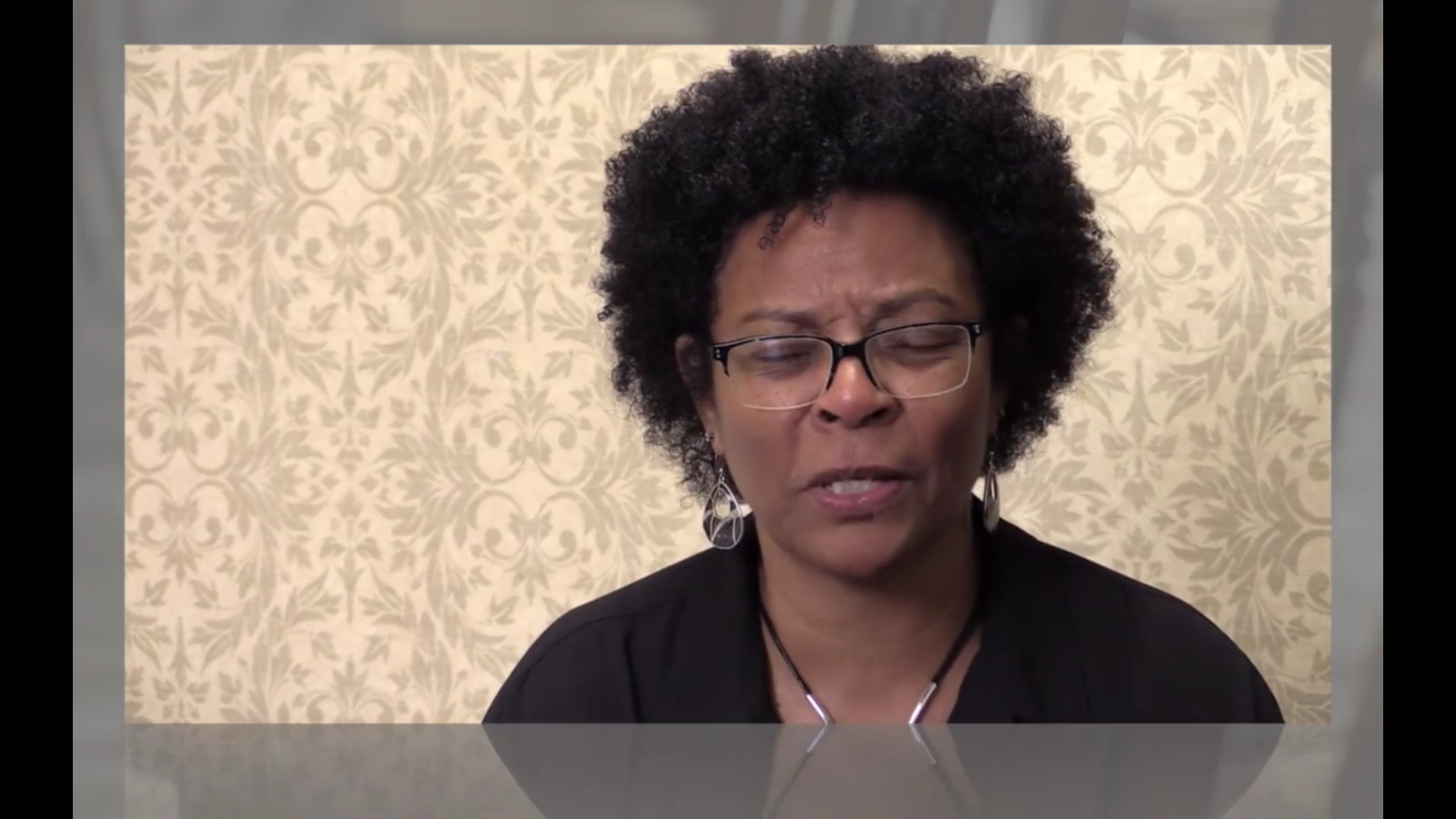 telling tales from scripture as well as links to
telling tales from scripture as well as links to 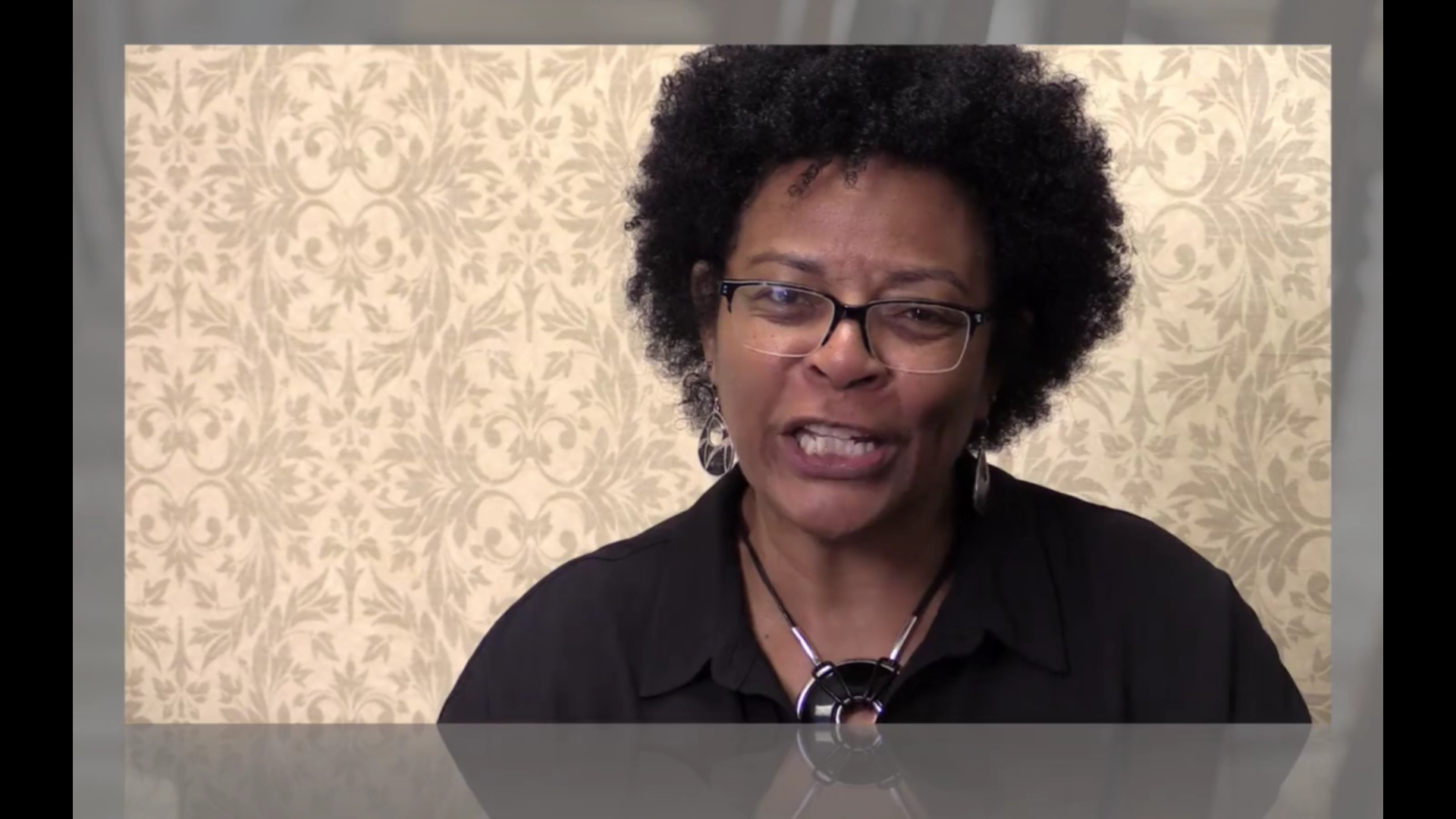 biblical storytelling. The festival offers many workshops for basic storytelling instruction. For people who want to learn more, NBS International offers a rigorous biblical storytelling
biblical storytelling. The festival offers many workshops for basic storytelling instruction. For people who want to learn more, NBS International offers a rigorous biblical storytelling 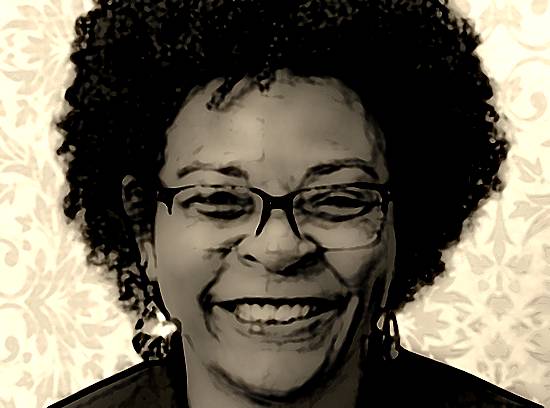
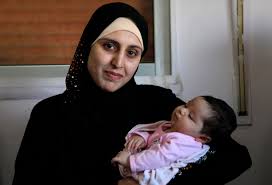 On Sunday, we launched
On Sunday, we launched  make it hard to comprehend. Numbers like these become too big. The tragedy becomes unfathomable.
make it hard to comprehend. Numbers like these become too big. The tragedy becomes unfathomable.  Here are a couple of resources that can help introduce you to individual refugees and their stories.
Here are a couple of resources that can help introduce you to individual refugees and their stories. 